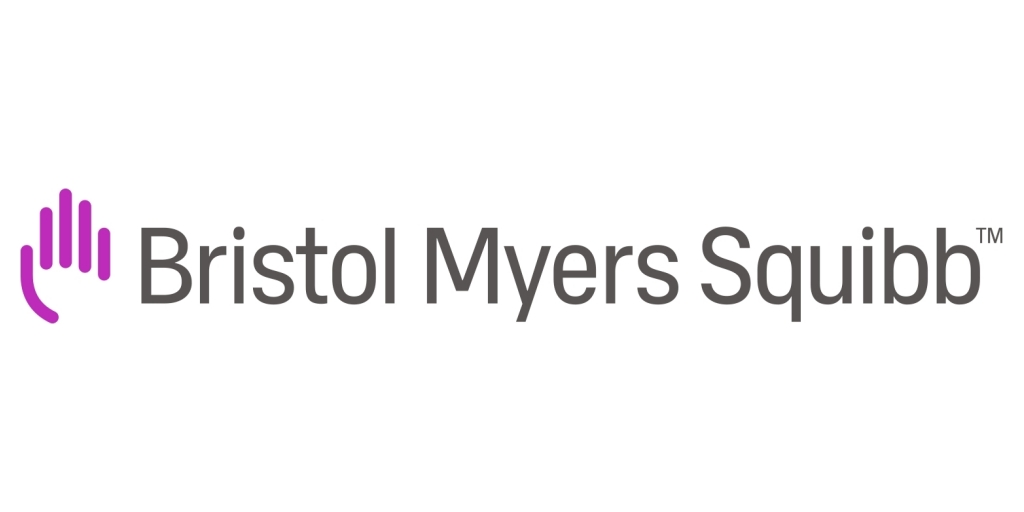Bristol Myers Squibb today announced results from the Phase 2/3 RELATIVITY-047 trial, which showed that the fixed-dose combination of relatlimab, a LAG-3-blocking antibody, and nivolumab, administered as a single infusion, demonstrated a statistically significant and clinically meaningful progression-free survival (PFS) benefit compared to Opdivo (nivolumab) alone in patients with previously untreated metastatic or unresectable melanoma. This is the first regimen to demonstrate a statistical benefit over anti-PD-1 monotherapy in metastatic melanoma. Among patients treated with the combination, the median PFS (mPFS) was significantly longer at 10.12 months (95% Confidence Interval [CI]: 6.37-15.74) vs. 4.63 in those who received Opdivo (95% CI: 3.38–5.62); (Hazard Ratio [HR] 0.75; 95% CI: 0.62-0.92, p=0.0055). The PFS benefit of the fixed-dose combination was observed early, at the time of the first scan, and was consistent over time. In exploratory, descriptive analyses, the combination of relatlimab and nivolumab extended PFS regardless of pre-specified subgroups and stratification factors.
These findings (Abstract #9503), the first from a Phase 3 trial evaluating a LAG-3-blocking antibody, will be presented in an oral abstract session on Sunday, June 6, 2021, from 8:00 a.m. – 11:00 a.m. EDT during the 2021 American Society of Clinical Oncology (ASCO) Annual Meeting and have been selected for the official ASCO press program.
“LAG-3 represents a new immunotherapy target and the results of the RELATIVITY-047 study demonstrated the significant benefit of inhibiting both LAG-3 and PD-1 with the novel combination of relatlimab and nivolumab,” said Dr. F. Stephen Hodi, M.D., director of the Melanoma Center and the Center for Immuno-Oncology at Dana-Farber Cancer Institute. “With the observed efficacy and safety profile, the combination with relatlimab may provide an important new treatment option for patients with metastatic melanoma.”
The safety profile of the fixed-dose combination of relatlimab and nivolumab was manageable and consistent with those previously reported for relatlimab and nivolumab. No new safety signals or new types of clinically important events were identified with the fixed-dose combination when compared to Opdivo monotherapy. Grade 3/4 drug-related adverse events were 18.9% in the combination arm compared to 9.7% in the Opdivo arm. Drug-related adverse events leading to discontinuation were 14.6% in the combination arm compared to 6.7% in the Opdivo arm.
Lymphocyte-activation gene 3 (LAG-3) and programmed death-1 (PD-1) are two distinct inhibitory immune checkpoints that are often co-expressed on tumor-infiltrating lymphocytes (TILs) and contribute to tumor-mediated T-cell exhaustion. Combination therapy with relatlimab, a novel LAG-3-blocking antibody, and nivolumab, a PD-1 inhibitor, enables T-cell activation, leading to the initiation of improved immune response and promoting tumor cell death.
Relatlimab (in combination with nivolumab) is the first LAG-3-blocking antibody to demonstrate a benefit for patients in a Phase 3 study. It is the third distinct checkpoint inhibitor (along with anti-PD-1 and anti-CTLA-4) for Bristol Myers Squibb.
“Bristol Myers Squibb is a pioneer in the development of immunotherapy combinations in melanoma. As the global incidence of melanoma has continued to increase, we have leveraged our deep insight into the interplay between tumors and the immune system to develop a novel immunotherapy combination,” said Jonathan Cheng, senior vice president and head of oncology development, Bristol Myers Squibb. “The RELATIVITY-047 data provide evidence that a LAG-3-blocking antibody coupled with nivolumab may bring the benefits of dual immunotherapy to more patients and address a remaining need in this space. While there have been significant treatment advances and long-term survival benefits provided by checkpoint inhibitors over the years, there remain patients with metastatic melanoma who could benefit from another innovative approach. We look forward to discussing these registrational data with health authorities to potentially bring this treatment to patients.”
Globally, the incidence of melanoma has been increasing for the last 30 years. The World Health Organization estimates that by 2035, melanoma incidence will reach 424,102, with 94,308 related deaths.
Bristol Myers Squibb thanks the patients and investigators involved in the RELATIVITY-047 clinical trial. The company has several ongoing trials evaluating the combination use of relatlimab for the treatment of additional cancers.

 Significantly improves progression-free Survival vs. Opdivo (nivolumab) in patients
Significantly improves progression-free Survival vs. Opdivo (nivolumab) in patients










.jpeg)







.jpeg)

.jpg)










